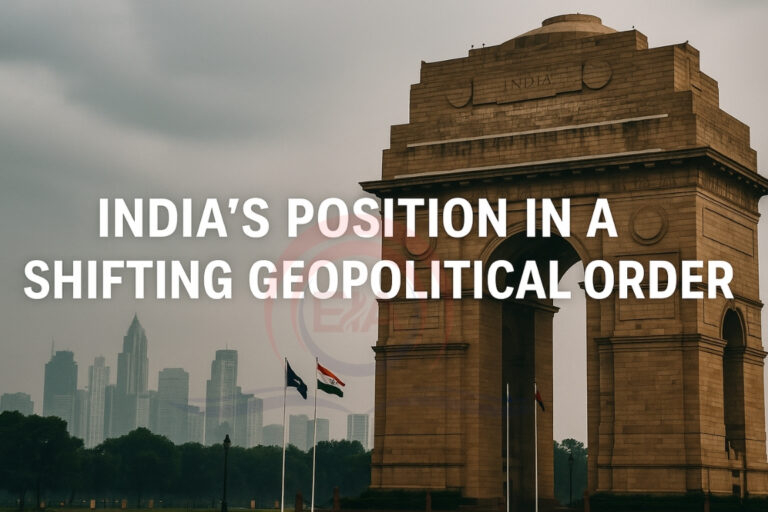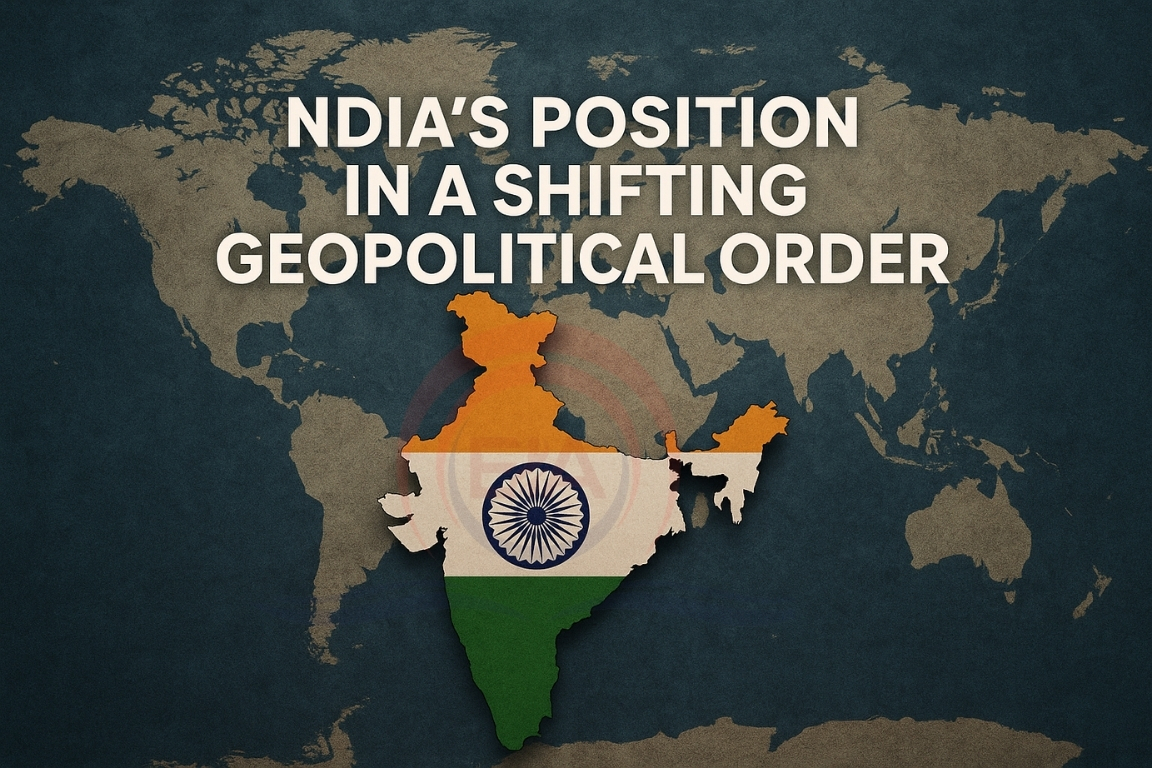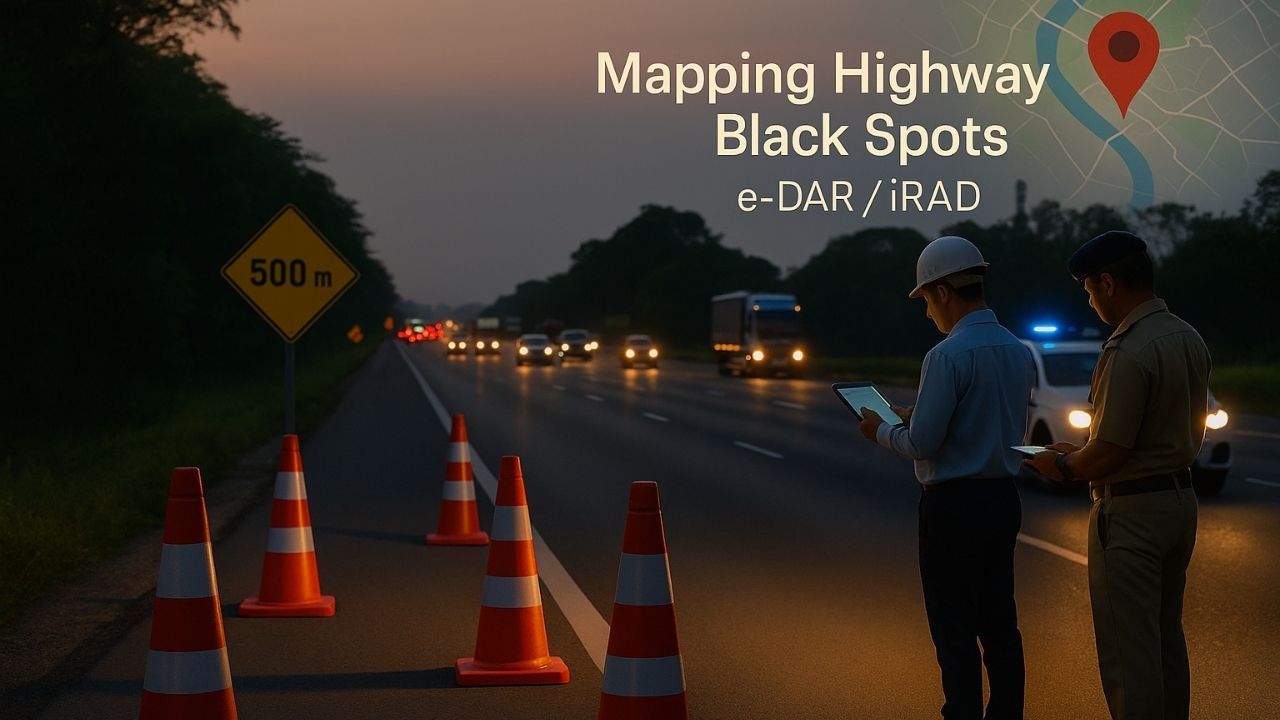India is facing growing challenges in global politics due to rising tensions with major powers like the U.S., EU, and China. The recent Operation Sindoor and changing global alignments have highlighted India’s limited global influence and need for stronger geopolitical engagement.
India’s Strategic Setback After Operation Sindoor
- Operation Sindoor exposed the reluctance of India’s allies to criticize Pakistan, despite clear involvement of Pakistani terrorists in the Pahalgam attack.
- India responded strongly to the attack but faced narrative challenges, especially as U.S. President Trump claimed credit for brokering peace.
- Ironically, Pakistan’s military leader was welcomed by the U.S. shortly after, adding to India’s frustration.
- However, there was some recognition — the UN and U.S. officially identified The Resistance Front (TRF) as a terrorist group.
Growing Tensions with the United States
- Despite collaborations like the launch of the India-U.S. NISAR satellite, Trump imposed a 25% tariff on Indian goods.
- The U.S. warned India over its Russian oil imports, linking trade to geopolitical issues.
- Trump urged American firms not to invest in India and to prioritize hiring Americans.
- This shows a shift towards protectionism and unpredictability in U.S. foreign policy.

EU's Double Standards and Energy Security Issues
- The EU sanctioned India’s Vadinar refinery, targeting India’s import of Russian oil.
- This action contradicts the EU’s own oil imports from Russia, as countries like Spain and Hungary continue such trade.
- India also faces digital and carbon tax barriers from the EU while negotiating a trade pact.
China's Increased Activity in India’s Neighbourhood
- China is forming new regional groups to exclude India, such as the trilateral plan with Pakistan and Bangladesh.
- It supports Bangladesh in reviving a WWII airbase near India’s Siliguri corridor.
- China’s economic leverage continues as it controls vital supplies like rare earths, APIs, and fertilizers.
- It is building a major dam on the Yarlung Zangbo (Brahmaputra) river near India’s border.
Need for Strategic Recalibration
- India has tried to reset ties with China post-Galwan but progress is limited.
- Its neutral stance on conflicts like Israel-Gaza and Ukraine may reduce its global influence.
- Operation Sindoor taught India that expecting support in its conflicts requires reciprocation.
Way Forward
- India must assert itself in global issues to protect its strategic autonomy.
- Criticizing double standards by the U.S. and EU is a positive shift.
- A quick trade deal with the U.S. and hosting the Quad Summit could restore trust.
- Stronger engagement with BRICS, SCO, and East Asia is essential, especially after missing RCEP.
- Economic growth now depends on smart geopolitical moves, not just trade policies.
Conclusion:
India can no longer afford to stay passive in world affairs. To secure its interests, it must actively shape the global order through strategic diplomacy and assertive engagement.





